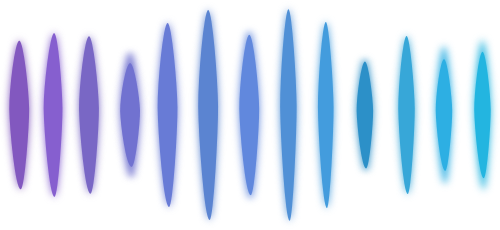10 Week Introduction to Everything Music Technology

Pre-requisites: None, this is assumed to be an entry level course for beginners / refresher course for those returning to the field.
Equipment required: None, just something to take notes, we will be using plenty of tools in-house.
Week 1 – Introduction to the Basic Principals of Music Technology and Sound
What is sound? How do we perceive it? What is Music Technology and how can this help us as musicians/composers/producers etc? We’ll be looking at technologies we still use today, the positives and negatives on how this has impacted the way we perceive music, from old valve based amplifiers to “auto-tuned” vocals, from loudness wars and advertising, to smaller “project” studios becoming increasingly more popular. We’ll also touch on classic age-old discussions such as the “Analogue vs Digital” debate and how our ear responds/good practises for understanding different music etc.
Week 2 – Introduction to MIDI
What is it? Why do we use it? What can it do? What MIDI means, its origins, what can we manipulate with it, MIDI IN/OUT/THRU functions and why we use them. We’ll be looking at external MIDI hardware setups and an overview of MIDI inside a DAW/Sequencer. We’ll also look at the evolution of control surfaces, input devices and total mixer integration whilst highlighting some of the benefits and limitations to MIDI.
Week 3 – Introduction to Digital Audio Workstations (DAWS) / Hard-disk recording
The Digital Audio Workstation, often referred to as “DAW” (pronounced “door”). What are these? How can I use them, what are their limitations. We’ll look at different hosts, such as Cubase, Protools, Sonar, what they offers, e.g. some are more specialised towards scorings some are a very cost effective option where some will offer more cutting edge technologies. We’ll look at Virtual Studio Technology or “VST’s” concepts of non-destructive editing, what we can do with the hardware we have, and how can we optimise it. How we get sound in and out of our computer. We’ll also look at standalone recording devices such as HDD recorders and USB/MP3 recorders and what their pros and cons are.
Week 4 – Introduction to Microphones and Live Sound
What fundamentally is a microphone? We’ll cover the basic different types and why we use them. We’ll also discuss other things we need to consider when recording audio with a microphone such as placements, correct types and when to use them Do they require special things like pre-amps etc, caution around phantom power etc.
Week 5 – Introduction to Recording – Ways to record audio/MIDI
Fundamental ways of capturing audio, DI, Mic Capture, Samples etc basic theory to capturing audio and some do’s and don’ts, How to pre-treat audio, why you would record “Direct In”, or “Dry”, how to avoid level issues and what this can do to the future of your audio production. We’ll also cover some theory on Niquists Theorem, Bit Rate, Bit Depth, Audio Encoding, MP3. Aliasing. MIDI interfaces, synchronising etc.
Week 6 – Introduction to Signal Processing. EQ’s, Compression and other tools
In this lesson we’re going to start digging deeper and begin by taking a look at ways to manipulate audio, working on principals to start organising the sounds ready for arrangements. We’ll also dispel some myths around why some techniques are used and we’ll be doing some basic hands-on introductions to “Send” and “Insert” such as EQ, Compression, Delays Choruses and Reverbs.
Week 7 – Introduction to Synthesisers, and “VSTi’s”
What do we know about synthesisers? What different types are they and why do they exist? Taking what we know about audio and MIDI we’ll discuss how these can be of use to us. How has the term “Synth” evolved into what we expect to use? We’ll be looking at everything from advanced DSP synths, to Romplers, Samplers and more avant garde sound scapes shaping tools. We’ll also discuss “Sampling and studying what limitations a synth or a “VSTi” has. We’ll refer back to some of the DAW discussions as we’ll also talk about latency, connecting devices all up and which ones you’d use for which task.
Week 8 – Introduction to Arranging Songs / Using Sequencers
How can we use our knowledge of ways to capture sound to start arranging complete songs? We’ll be looking at dynamics, editing on the fly (non-destructively), automations, how we run MIDI alongside audio, ways to aid dynamics and basic internal routings/mixer routings.
Week 9 – Introduction to Mixing Music
A very basic step into how to take all these sound sources and allow them to co-exist within a singular song, basic tips and tricks, looking at “EQ Cheatsheets” and tools we’ll use and why we’ll use them. We’ll also talk about mixing to a master bus, sub woofers, decent referencing systems etc and your overall listening environment. We’ll take an existing track and start to shape this into something more professional.
Week 10 – Course recap and Q&A Session
The final session! It’s been a whistle-stop-tour of all the topics and this is the final chance to recap, so ask as many questions as you want! I’ll be doing the same in order to make sure you’ve not forgotten everything from the past 9 sessions!
Get in touch to book your 10 sessions

